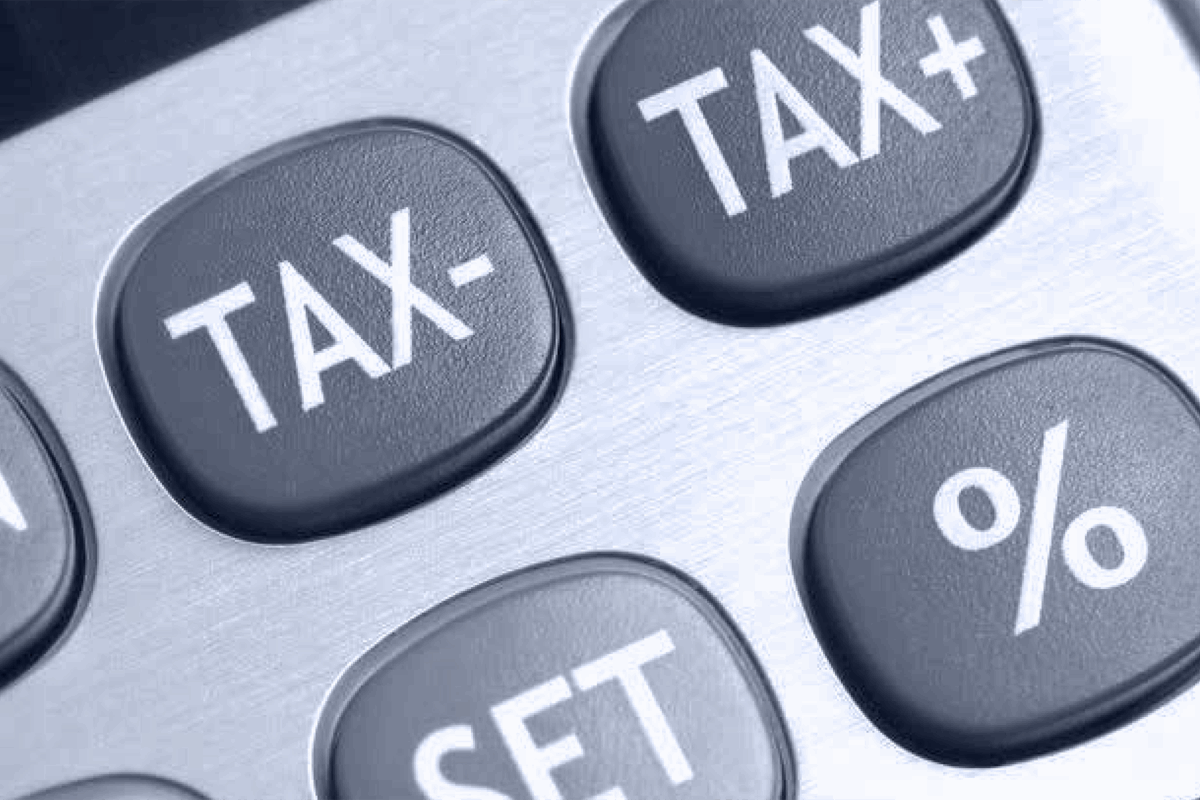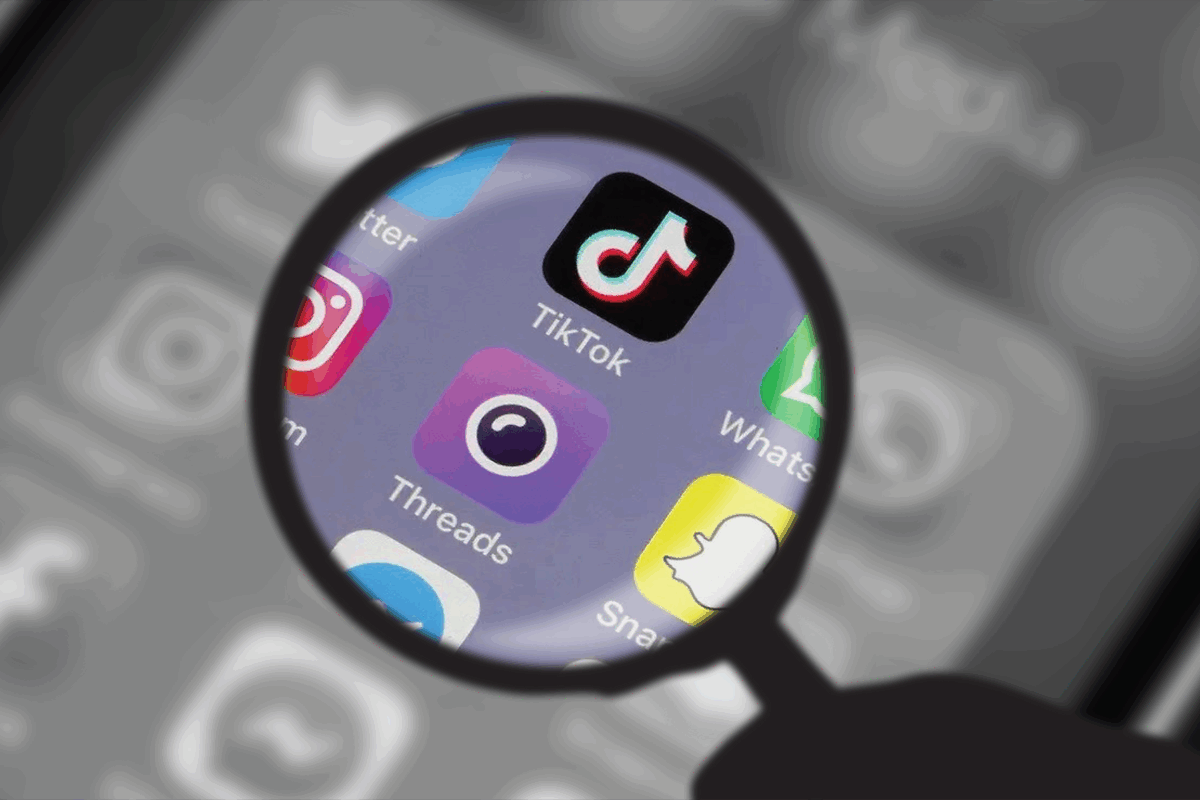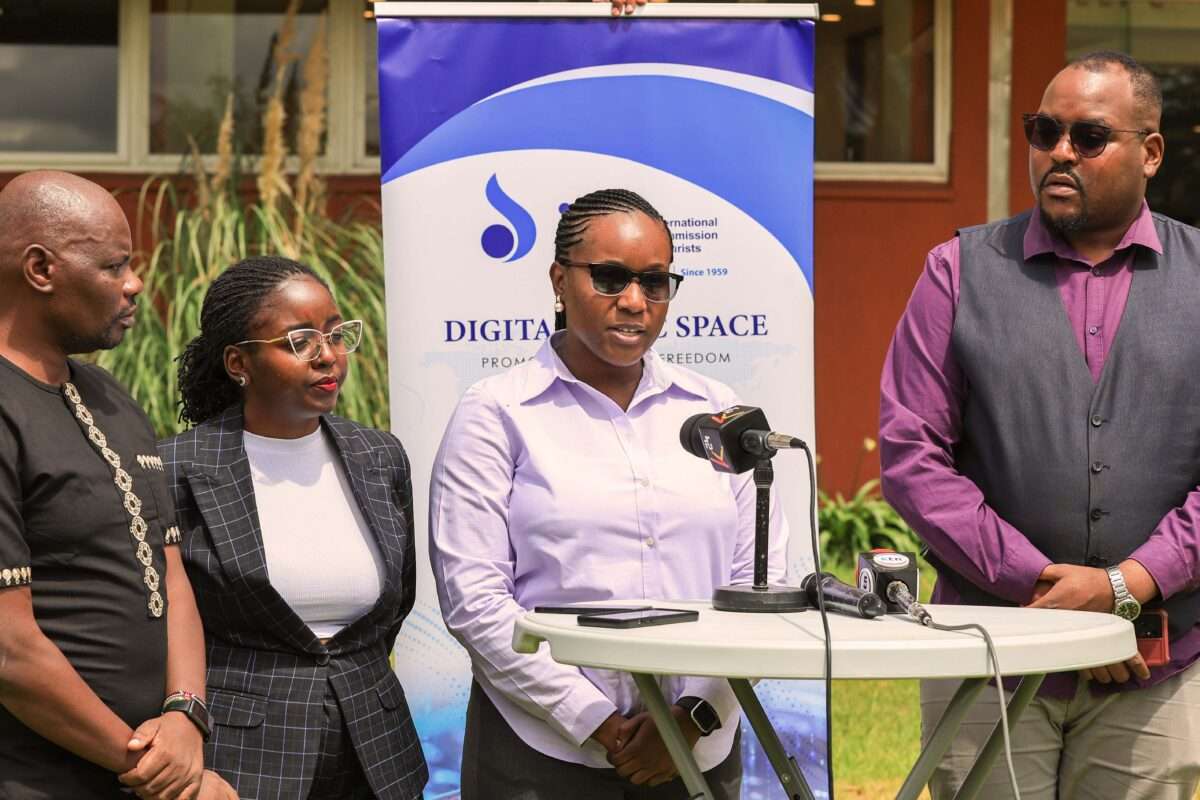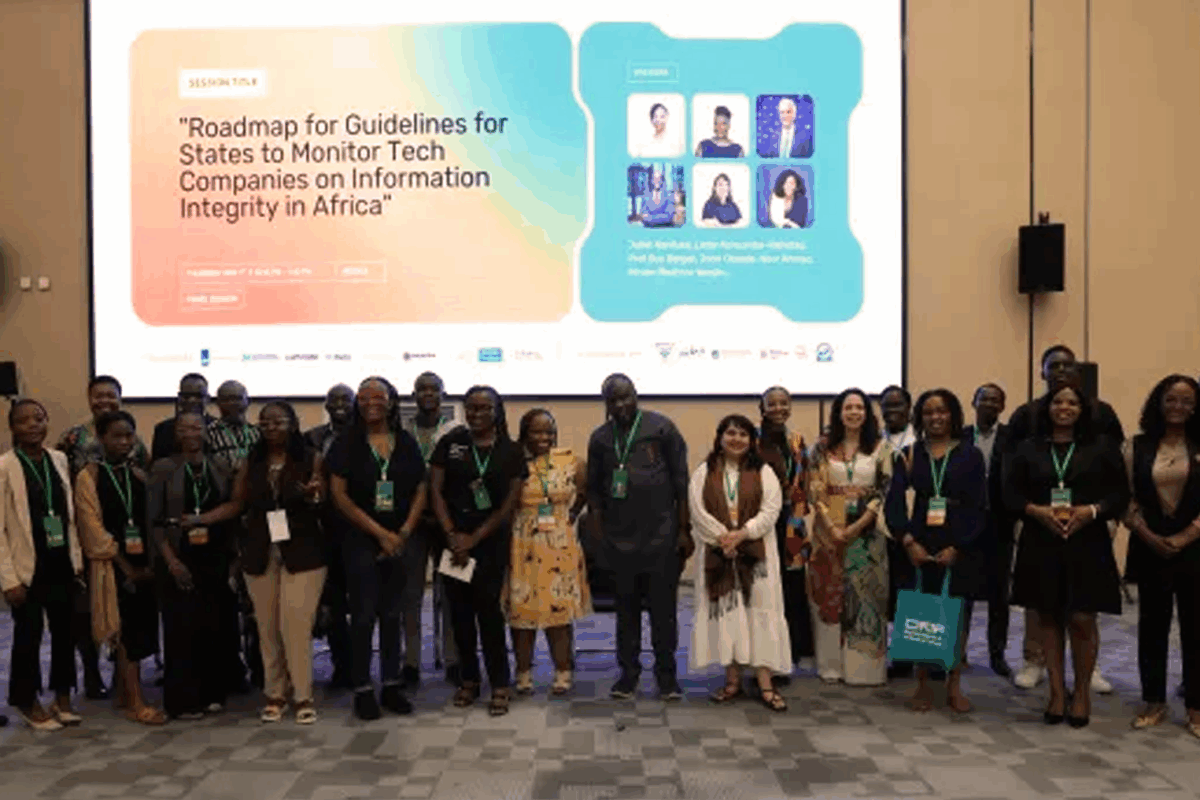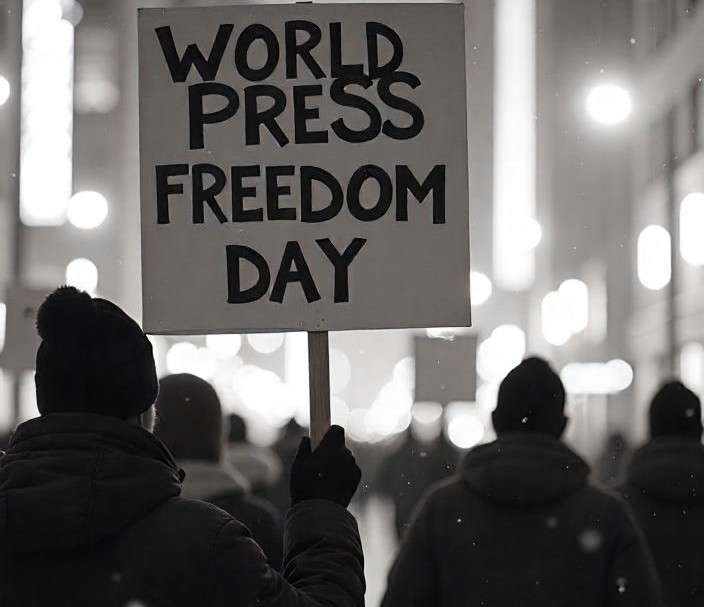Policy Brief |
The Information and Communication Technology (ICT) sector is not a standalone sector. Beyond broadcast and [tele]communications, it is increasingly integrating and digitalising critical parts of the economy, including manufacturing, finance, health, and transport. In Uganda, the ICT sector has been recognised as vital for enabling and boosting revenue generation and collection.
In this position statement, we showcase revenue-generation practices in Uganda’s ICT sector and benchmark them against East African jurisdictions, namely Kenya, Rwanda, and Tanzania, while occasionally drawing lessons from other markets.
By reviewing Uganda’s ICT sector tax policies, licensing fees, and regulatory regimes, this position statement demonstrates that although Uganda has registered considerable growth in the sector and made important steps toward revenue generation, the short-term gains have perhaps come at the expense of a more sustainable growth of the nascent digital economy.
In particular, the taxes on digital devices and connectivity infrastructure, combined with gaps in leveraging technology to support the domestic tax revenue mobilisation strategy, might be causing more harm than good. Although countries in the region face similar challenges – especially on the persistence of informality and tax complexities introduced by international technology data transfers and exchanges – Uganda’s ICT sector could learn from successes from elsewhere and undertake a comprehensive review of digital devices taxes and telecommunications license regimes, and also conduct tax impact assessments of emerging technologies such as Artificial Intelligence (AI).
We make a series of recommendations to the National Task Team on Enhancement of Government Revenue from the ICT Sector—Ministry of ICT in Uganda. We also stress that by carefully reviewing the country’s current ICT tax policies and drawing lessons from regional practices and tax frameworks, Uganda can substantially improve its capture of tax revenues from the digital economy.
By facilitating wider access to devices such as smartphones as well as implementing a tax system based on significant economic presence and simplified tax collection mechanisms, Uganda could better harness the potential of its digital economy while ensuring that mobile network operators and digital platforms contribute fairly to the country’s total tax revenue.
A key plank in this agenda should be a reduction in taxes on smartphones, tablets and entry-level laptops and a contemporaneous incentivisation regime to turn Uganda into a regional manufacturing hub for high-quality but affordable products in eastern and central Africa.
Find the full position paper here.

